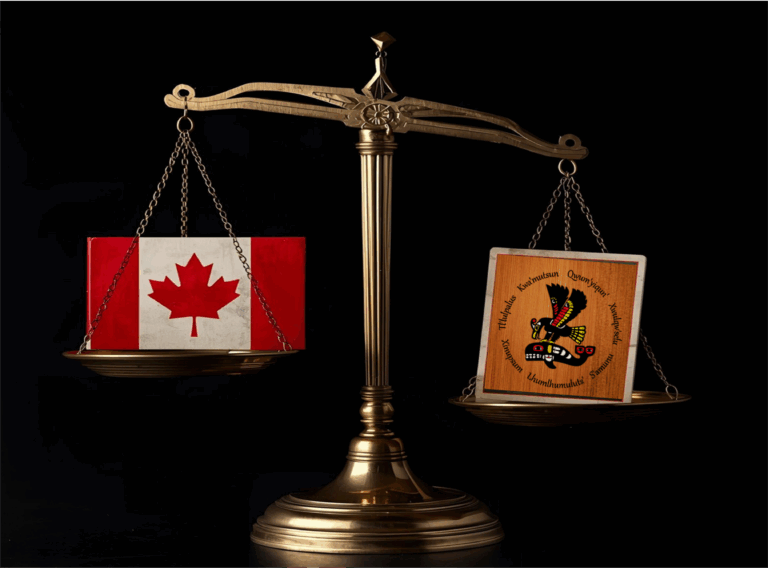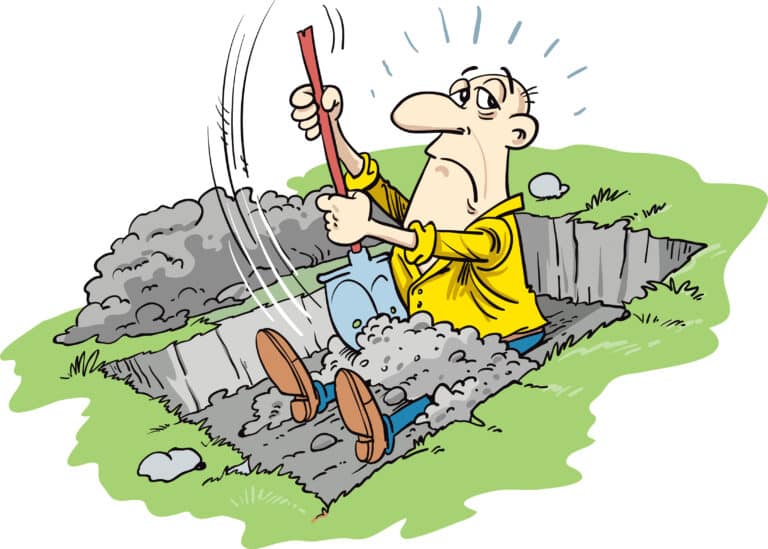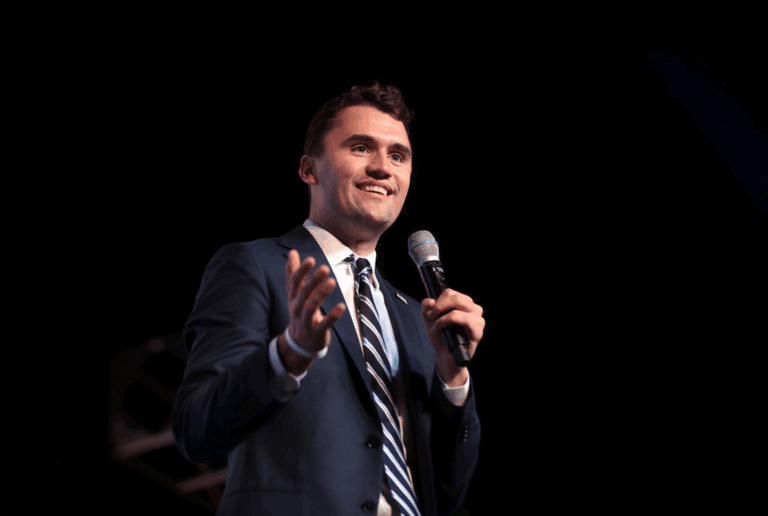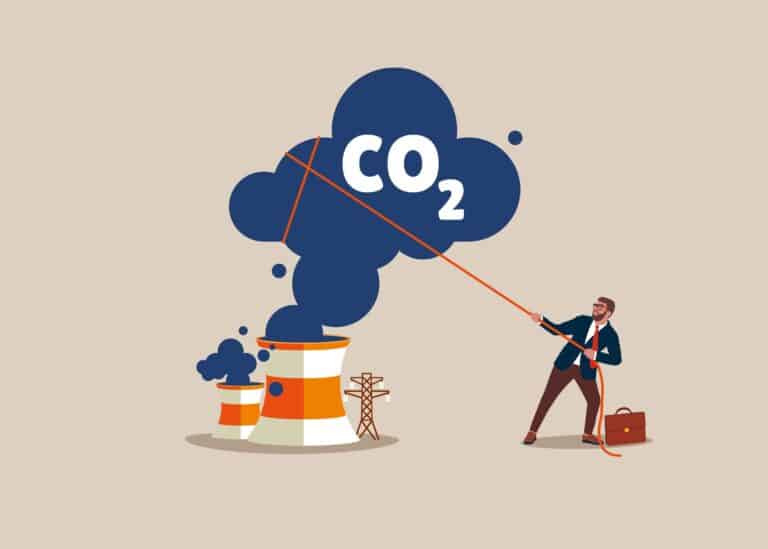Crude oil prices soared beyond a staggering US$120 per barrel in the wake of Russia’s invasion of Ukraine. But that’s not a new record. Inflation-adjusted oil prices reached the same level in 2013 (and were repeatedly above US$100 per barrel from 2011 through mid-2014), driving a supply-increase response that temporarily lowered prices. World oil demand then steadily increased and reached 100 million barrels per day before the Covid-19 collapse. Demand has since come roaring back and despite all the “Net Zero” rhetoric, the International Energy Agency (IEA) forecasts that world oil demand will continue to grow. The big question is: who will supply all that oil? Middle Eastern countries, led by Saudi Arabia, will be major contributors and, despite the U.S. and U.K.’s bravado in banning Russian imports, current and forecast world oil demand cannot be met without Russian oil.

The disparate list of countries controlling world oil supply may soon include Iran if, as news reports suggest, U.S. President Joe Biden is naïve enough to remove oil export sanctions in return for the Ayatollah’s “pledge” to suspend uranium enrichment for nuclear weapons development. That would leave world oil supply security in the hands of countries that subjugate women, a country led by a murderous psychopath and a country developing a nuclear bomb with the avowed objective of annihilating Israel (a threat that Iran’s leaders and generals have issued innumerable times; here is just one example).
Meanwhile Canada, with the world’s third-largest oil reserves and the potential to produce far more than its current approximately 4 million barrels per day, is sacrificing hundreds of billions of dollars per year in revenues and new capital investment, along with tens of thousands of well-paying jobs, on the Net Zero altar with policies that discourage new production and all-but rule out building new oil export pipelines. Even a proposed cross-country pipeline that would have delivered Canadian oil to eastern refineries was deliberately stymied by the Trudeau government, leaving tankers carrying Saudi Arabian and African oil up the fragile Gulf of St. Lawrence, while emitting immensely more greenhouse gases than domestic oil.
Given the sprawling nature of Canadian cities, commuting to work, running a few errands and getting the kids to and from school generally takes at least one fill-up per week. That amounts to more than $600 per month for one family vehicle.
It doesn’t have to be this way. Speaking in London in July 2006, before departing for a Vladimir Putin-hosted G8 Summit in St. Petersburg, then Prime Minister Stephen Harper called Canada “an emerging energy superpower.” Oil and natural gas industry capital investment rose sharply in the following years, doubling from $30 billion to $60 billion per year before the Harper government’s defeat in 2015. By 2019, Trudeau’s anti-oil and natural gas policies had contributed greatly to collapsing capital spending to less than half of 2006 levels – a decline of 75 percent from their Harper-era peak. While a dip in commodity prices early in the Trudeau years played a role, oil and natural gas industries around the world were soon booming once more. But not Canada’s. The situation we find ourselves in today is largely the result of deliberate policy choices.

Most Canadians are unmindful of these issues. But if there’s one thing that gets their attention, it’s the price of gasoline (and diesel) at the pump. The current escalation of fuel prices must be sending anti-fossil-fuel ideologues worshipping at the Net Zero altar into celestial orgasm. But not real-world working Canadians. On March 4, gasoline in B.C. hit $2.00 per litre, taking the cost of filling up the family minivan or crossover utility vehicle to at least $150. Given the sprawling nature of Canadian cities, commuting to work, running a few errands and getting the kids to and from school generally takes at least one fill-up per week. That amounts to more than $600 per month for one family vehicle. And people who commute downtown from bedroom communities or tradespeople operating a full-sized truck have it far worse. Let’s look at the three highest-gas-price cities as of March 4:
Pump price: $1.75/litre
Taxes: $0.57/litre, of which:
Federal carbon tax $0.11
Federal excise tax $0.10
HST $0.21
Provincial fuel tax $0.15
Montreal –
Federal carbon tax $0.11
Federal excise tax $0.10
QST+GST $0.23
Vancouver –
Pump price: $2.01/litre
Taxes: $0.67/litre, of which:
Federal carbon tax $0.11
Federal excise tax $0.10
GST $0.10
Provincial fuel tax $0.02
B.C. transport tax $0.07
City transit tax $0.18
B.C. carbon tax $0.09
In all three examples, federal and provincial taxes make up about one-third of the price of fuel. As these prices continue to escalate, food and other necessities have also risen to record levels across the country. A recent Angus Reid survey found that 53 percent of Canadians already consider themselves unable to keep up with the rising cost of living.

The 11 cents per litre in federal carbon tax don’t seem like much compared with current total pump prices. But that’s just the beginning. The Trudeau government plans to progressively increase the carbon tax to 38 cents per litre by 2030. Adding the 9-cent-per-litre B.C. carbon tax (just one of seven taxes levied on motor fuels in that province) means that drivers in that province will pay carbon taxes of 47 cents per litre. The theory behind carbon taxes is that higher prices will reduce consumption of the thing being taxed and its associated activities – in this case, driving, which emits carbon dioxide, the ostensible target of Net Zero ideology.
But this theory only applies in practice if there’s a viable alternative. For millions of already cost-stressed real-world Canadians to whom their vehicle is a must-have for their small business, getting to work or maintaining their family lives in a busy world, imposing carbon taxes on fuel simply impoverishes them. They still need to drive. As they spend more on fuel, they are forced to spend less on everything else. That is equivalent to taking a cut in pay, only in some ways worse, because this pay cut keeps increasing month by month. (As an important side note, I should mention that natural gas prices have also been climbing. This increases the costs of home heating and of electricity in many provinces. It is also generally inflationary as operating businesses, commercial buildings and public facilities becomes more expensive. So this is another source of impoverishment, one that hits people who don’t even own a vehicle.)
‘We will be there to support, as the world moves beyond Russian oil and indeed, beyond fossil fuels, to have more renewables in our mix.’ Trudeau’s incredible answer – an ungrammatical melange of ideology, non-sequitur and attempted misdirection from the moment’s acute urgency – comes at a time when innocent Ukrainians and their beautiful country are being ravaged by a megalomaniac.
At this time, when Russian President Putin threatens to cut oil exports, the importance of unleashing Canada’s enormous crude oil (as well as natural gas) resources has never been clearer. While visiting Latvia on March 8, a reporter asked Prime Minister Justin Trudeau if Canada could help make up the oil supply shortage. His answer illustrated the fanatical depth of his worship at the Net Zero altar: “We will be there to support, as the world moves beyond Russian oil and indeed, beyond fossil fuels, to have more renewables in our mix.”

This incredible answer – an ungrammatical melange of ideology, non-sequitur and attempted misdirection from the moment’s acute urgency – comes at a time when innocent Ukrainians and their beautiful country are being ravaged by a megalomaniac who threatens the world with nuclear Armageddon. President Putin should be grateful to Trudeau for helping him control world oil markets by hamstringing Canada’s “energy superpower” potential. Let’s be crystal-clear: the Liberal government’s policies are driving us towards a horrific combination of impoverishment and energy insecurity. All of it entirely avoidable. Never before have I been ashamed of being a Canadian. I pray for new political leadership that will make me, and millions of other dispirited Canadians, proud of our country again.
Gwyn Morgan is a retired business leader who has been a director of five global corporations.
Source of main image: Shutterstock.





